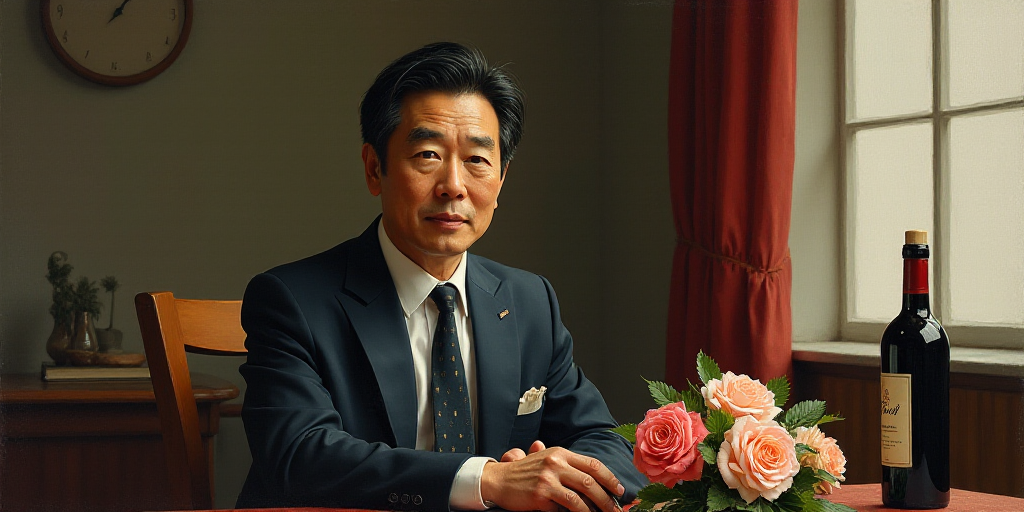Background on Key Figures and Context
President Lee Jae Myung, a liberal politician who took office in June following the impeachment and imprisonment of his conservative predecessor Yoon Suk Yeol, is currently navigating delicate trade negotiations with the United States. As South Korea’s new leader, Lee aims to stabilize both his country’s economy and its international relations. His efforts are particularly focused on strengthening ties with the United States, South Korea’s key military ally and significant economic partner.
Trade Negotiations and Potential Consequences
In July, Seoul and Washington verbally agreed on a trade deal where the U.S. would reduce tariffs imposed by former President Donald Trump on South Korean products. In return, South Korea would invest $350 billion in the U.S., among other measures. However, the agreement has yet to be formalized due to disputes over investment management.
President Lee expressed his concerns about the potential consequences of accepting these demands without safeguards. He warned that, should South Korea withdraw $350 billion in investments and convert them into U.S. currency, it could face a financial crisis similar to the one experienced in 1997. This situation would leave South Korea’s economy vulnerable, much like it was during the Asian Financial Crisis.
Immigration and International Relations
During an interview in his office on Friday, President Lee also addressed other pressing matters, including a recent large-scale immigration raid in the U.S. that resulted in the detention of hundreds of South Koreans. He also touched upon Seoul’s relationships with North Korea, China, and Russia.
Upcoming Visit to the United States
President Lee is set to travel to New York starting Monday for the United Nations General Assembly, where he will preside over a Security Council meeting for the first time as South Korea’s leader. His visit aims to project an image of a stable, democratic South Korea on the global stage.
Lee previously met with Trump during their first summit in August, building a personal rapport with the U.S. leader despite the lack of a joint declaration or concrete announcements.
U.S. Immigration Enforcement and Its Impact
This month, the Trump administration shook South Korea with the arrest of over 300 South Korean workers at a Hyundai Motor battery plant in Georgia, accused of immigration violations by federal officials. The harsh treatment of these workers, including images of them in handcuffs, has angered many South Koreans.
President Lee acknowledged the understandable frustration and cautioned that such incidents could make businesses hesitant to invest in the U.S., potentially impacting both countries’ economic relationships.
Key Questions and Answers
- What are the current trade negotiations between South Korea and the U.S. about? The negotiations revolve around the U.S. reducing tariffs on South Korean products in exchange for $350 billion in investments from South Korea and other measures.
- Why is President Lee concerned about accepting the U.S. demands without safeguards? He fears that withdrawing such a large sum of money and converting it into U.S. currency could trigger a financial crisis similar to the one experienced in 1997.
- What other issues has President Lee addressed recently? He discussed a large-scale immigration raid in the U.S., as well as South Korea’s relationships with North Korea, China, and Russia.
- What is the purpose of President Lee’s upcoming visit to the United States? He will attend the UN General Assembly and preside over a Security Council meeting to project an image of a stable, democratic South Korea.
- What impact could the recent U.S. immigration enforcement actions have on South Korea-U.S. economic relations? President Lee warns that such incidents could make businesses hesitant to invest in the U.S., potentially affecting both countries’ economic ties.






